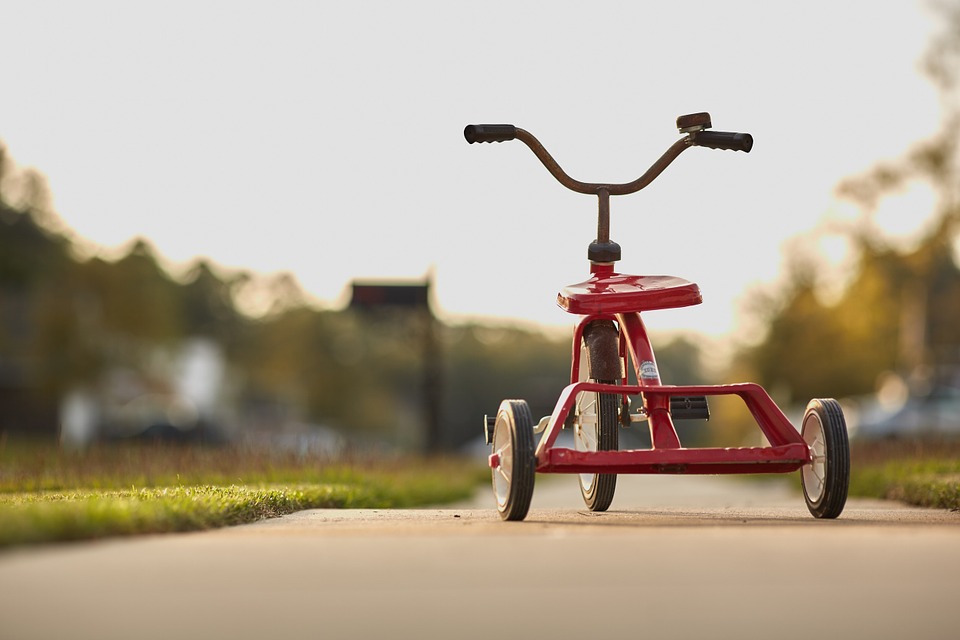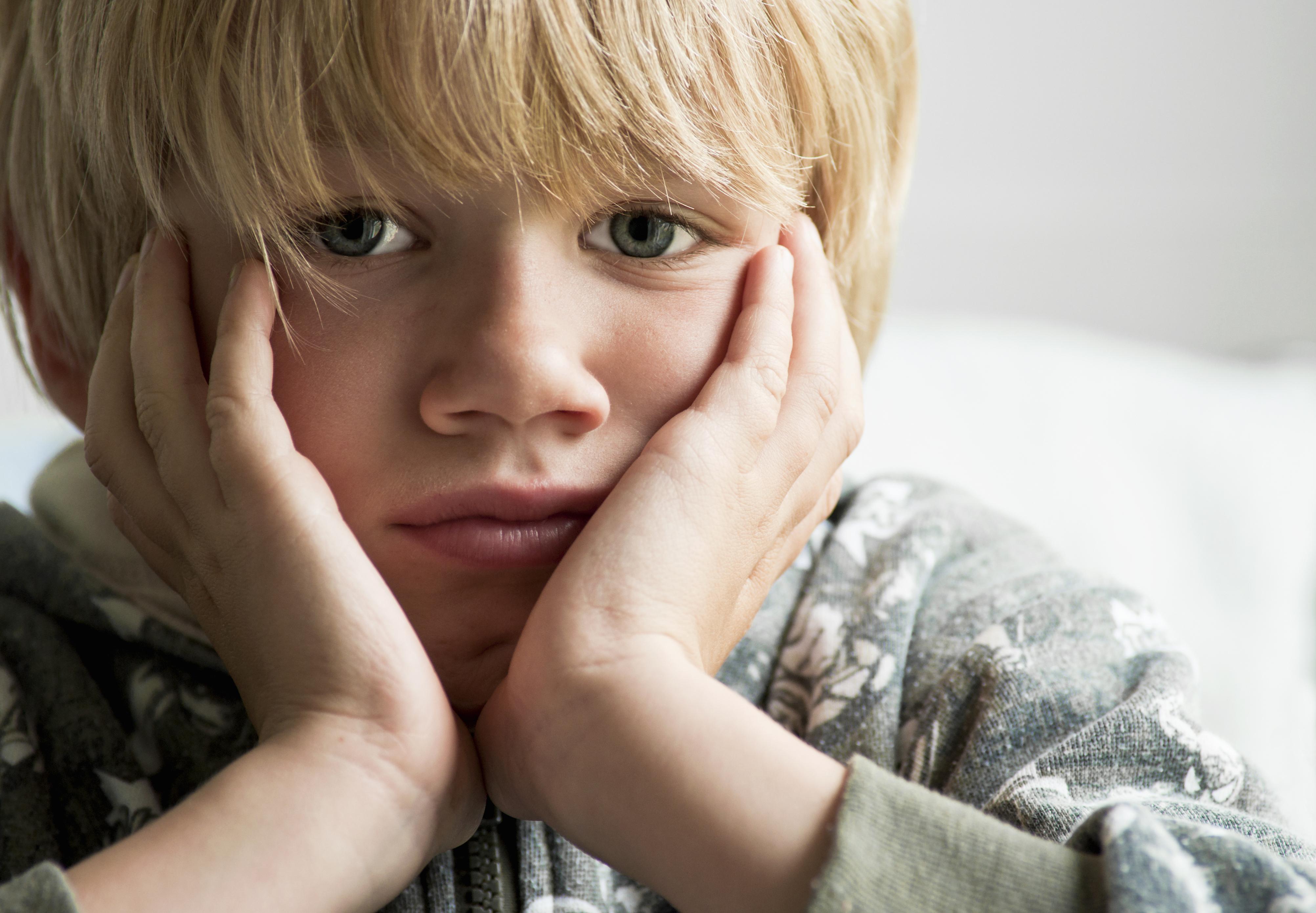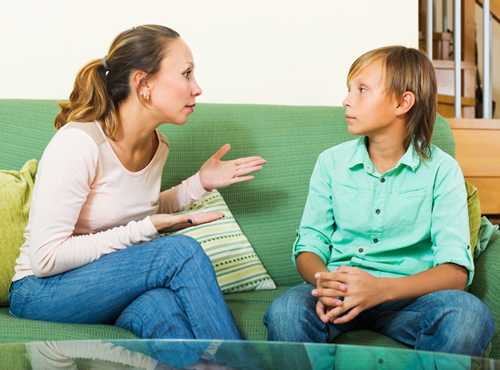
Experiences in Childhood
I am Vidhi Sharma, a 32-year-old housewife. My son, Siddharth, is 4 years old. I had been working for the first three years after his birth and have only recently since a year taken off from my work. I have read consistently that all the roots of any mental problems are in childhood and parenting. Is this true and to what extent will he remember the childhood experiences?

Because our brains are so immature at first – because we have not even laid down all the apparataus necessary to hold memory – we may never recall whether our first touch was gentle or cruel. We are left not completely knowing what bonds were built and broken in those first days, even years, of life. Do those encounters, the ones we won’t remember, shape our brains in ways we still don’t understand?

There is every reason to suspect that many experiences, especially emotionally powerful ones, physically alter the brain. We do not remember an event because we hold the memory somewhere in our soul – we remember it because it changed our brain. We do not have to remember the experience for it to be mind-altering, or for it to be permanently written in the rules of our behaviour. All kinds of things happen in those first days of life, when the brain is still too basic even to have good capacity for memory storage, and yet as adults we continue to apply those early lessons. Does anyone remember learning to drink from a cup, or being taught the right amount of gentleness with which to stroke a sleepy cat? Our brains acquire the skills, even though they cannot recall the lessons. The main example is language. Who remembers being taught to speak? What adult hold a recollection of parents reading board books over and over, repeating simple words almost endlessly; and patiently naming the world – cat, tree, table, sky. And yet that experience, in those early months, is essential to the development of language; without it the brain never completely puts the words into their proper place.
We do not remember the experience of learning language, but that does not mean we did not have the experience and that it did not change us and our brains. Of course it did. There is a very clear indication that emotional learning and connection is also enormously important at a very young age. The lack of affection in young age will produce physical effects. If the mothers have been severely depressed and incapable of affective nurturing, the brain levels of metabolism of their children drops compared to those of warm and cheerful mothered babies. There is a difference in their frontal lobes, where the brain seems to handle positive emotions like curiosity and happiness. Those children also begin to show signs of angry and aggressive behaviour. Thus unhappy infancy produces a brain less open to happiness and more prone to negative actions.

Also it affects their intelligence. Children raised by withdrawn and hostile mothers steadily scored less intelligence scores than those of boys raised with tangible love. Essentially, we seek stability in our relationships with others. There is comfort in it, and safety; breaking bonds predicts only trouble. Some of the rising crime and cruelty of our life right now may have something to do with our increasingly impersonal society – that we are not biologically equipped to function in a world that demands distance. Humans can survive even severe illnesses, such as heart disease and cancer, if there is a loving and supporting marriage.
Even a minor marital spat send shivers through the immune system, so that couples after a fight are much more likely to come down with a flu or cold. If a partner dies, the immune system of the survivor stays depressed for between four and fourteen months. And no one has ever found that loneliness or grief are good for health, mental or physical.
Secure attachment essentially means a sturdy bond; just the presence of the parent makes the child happy. If the baby is upset, he or she finds comfort in the mother’s arms. Insecurely attached children, are in a sense without that harbour. They do not always run joyfully to their parents. When they see them, sometimes they look away. And when they cry, if they do run to the mother, they may find no reassurance in her arms. Often, they push away in frustration.



